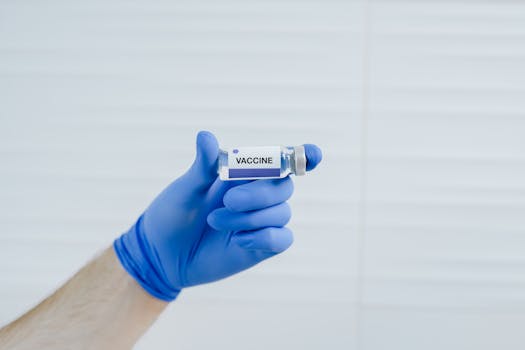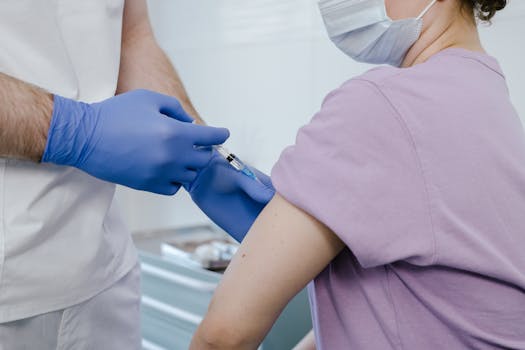
Understanding Vaccines

The science behind vaccines is a fascinating intersection of immunology and public health. Vaccines prepare the immune system to fight infections by mimicking the presence of pathogens without causing disease. This process builds immunity, which is essential for protecting populations from outbreaks.
The Mechanism of Vaccination

Vaccines typically contain weakened or inactivated parts of a particular organism, such as proteins or sugars. When introduced into the body, these components stimulate an immune response. The immune system recognizes these components as foreign and produces antibodies, which are proteins that can neutralize pathogens.
For instance, the mRNA vaccines developed for COVID-19 work by instructing cells to produce a harmless piece of the spike protein found on the virus. This primes the immune system to recognize and combat the actual virus if it enters the body.
Public Health Impact

The impact of vaccines on public health cannot be overstated. Vaccination programs have led to the eradication of smallpox and significant reductions in diseases such as polio and measles. Herd immunity occurs when a significant portion of a population is immune, making it less likely for the disease to spread. This is crucial for protecting those who cannot be vaccinated, such as individuals with certain medical conditions.
Moreover, vaccines save millions of lives annually and reduce healthcare costs associated with treating infectious diseases.
Challenges and Misconceptions

Despite their benefits, vaccines face skepticism and misinformation. Common misconceptions include the belief that vaccines cause autism or that natural immunity is always better than vaccine-acquired immunity. These claims have been thoroughly debunked by extensive research.
Public health campaigns are essential to educate communities about the safety and efficacy of vaccines. Addressing concerns and providing transparent information can help build trust and encourage vaccine uptake.
Conclusion

The science behind vaccines is a testament to human ingenuity in combating infectious diseases. Understanding how vaccines work and their role in public health is crucial in fostering a healthier society. As we navigate through health challenges, vaccination remains one of the most effective tools in safeguarding public health.





